NATO’s emerging opportunity: A constructive role in Syria’s stabilization
- Update Time : Tuesday, May 6, 2025
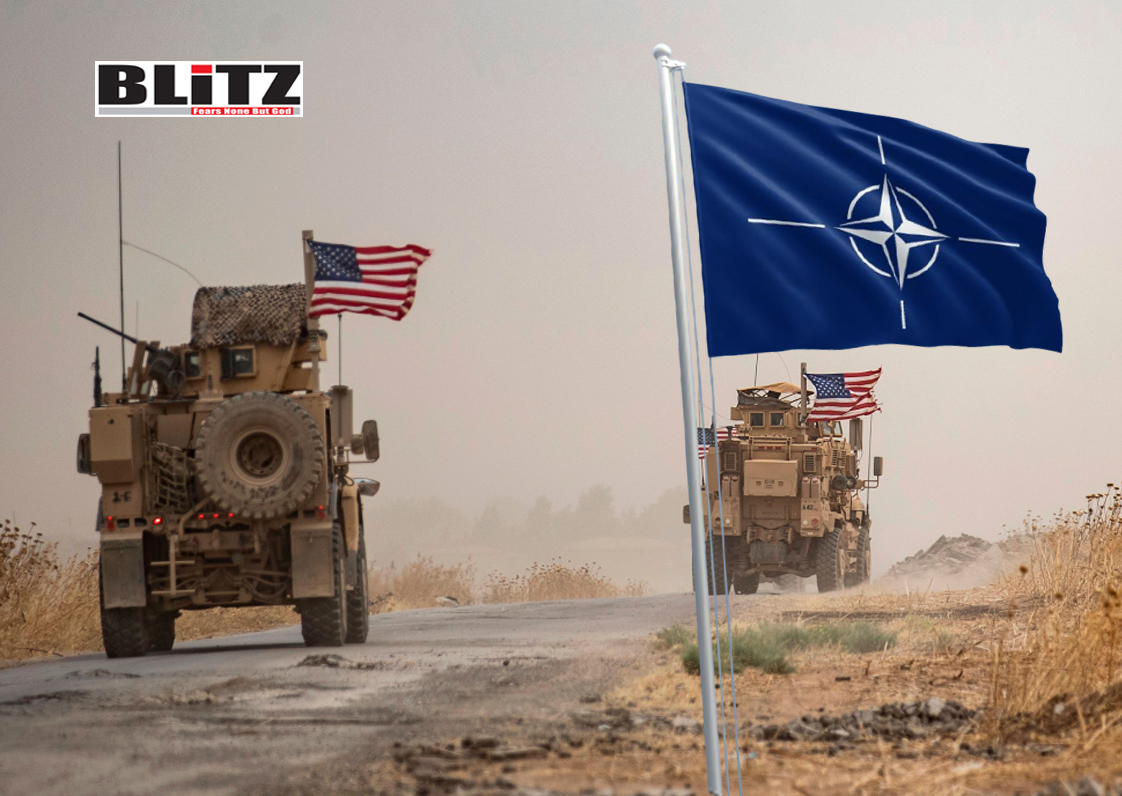
More than two decades after the launch of the Istanbul Cooperation Initiative (ICI), NATO finds itself at a strategic crossroads. As it looks to attract new partners and reaffirm its relevance in a changing world, the alliance must address pressing concerns in regions where instability continues to threaten broader security. Among the most critical of these concerns is Syria – a country whose fragile recovery from over a decade of brutal conflict holds significant implications for the Middle East and beyond. NATO, with its experience, networks, and initiatives already underway, is uniquely positioned to play a constructive role in Syria’s stabilization, offering mutual benefits for regional actors and for the alliance itself.
At its 2023 Vilnius summit, NATO initiated a comprehensive review of the threats, challenges, and opportunities in its southern neighborhood, emphasizing the need to engage more meaningfully with the Middle East and Africa. A year later, during its 75th anniversary summit in Washington, the organization advanced this commitment, adopting a more strategic, action-oriented approach toward the region. NATO pledged to foster greater security and stability, seeing the peace and prosperity of the Middle East as integral to global security. This included launching an updated southern action plan, appointing a special representative for the region, and expanding initiatives like the Defense Capacity Building program and the Istanbul Cooperation Initiative Regional Center in Kuwait.
Yet translating these ambitions into meaningful action requires addressing real-world crises – and Syria presents a particularly complex but promising opportunity.
Today’s Syria, though still grappling with the aftershocks of civil war, is markedly different from the Syria of a decade ago. A new government in Damascus, widely welcomed by many international actors, is working to reassert state authority across the country, dismantle rogue militias, integrate armed groups into formal security structures, and crack down on drug trafficking and arms smuggling – issues that had flourished under the prior Assad regime.
Despite these efforts, Syria faces overwhelming challenges. The restoration of full governmental control remains incomplete, particularly in the northeast, where a precarious balance exists between the Syrian Democratic Forces (SDF), the Turkish military, American forces, and remnants of extremist groups. Here, NATO could make a crucial difference.
Replacing the current patchwork of competing foreign forces with a neutral stabilizing force – drawn from NATO’s resources – could present an acceptable compromise to both Türkiye and the United States, given their conflicting interests in the area but shared membership in the alliance. Unlike unilateral occupation, a NATO presence negotiated with Damascus would carry greater legitimacy and could foster a more coordinated and peaceful transition of authority in northeastern Syria.
The situation in northeastern Syria remains a geopolitical minefield. The SDF, predominantly Kurdish, controls vast swathes of territory but remains reluctant to fully cede authority to Damascus. Meanwhile, Türkiye views the SDF’s close association with the Kurdistan Workers’ Party (PKK) – a group it considers a terrorist organization – as a direct national security threat. This has strained relations between Ankara and Washington, given US support for the SDF in the fight against Daesh (ISIS).
A NATO-led stabilization mission could bridge these divides. With its neutrality and credibility, NATO could ease SDF concerns about abandonment or repression while simultaneously addressing Türkiye’s legitimate security anxieties by ensuring the PKK’s influence is curbed. NATO’s involvement could also create space for negotiations on integrating SDF fighters into the Syrian Armed Forces under clear, lawful chains of command, facilitating Syria’s reunification efforts and reducing tensions between Damascus and its Kurdish population.
Moreover, with Washington contemplating a drawdown of its forces in Syria, NATO’s expanded role could offer a smoother transition and avoid creating a dangerous security vacuum that could be exploited by Daesh or other extremist groups.
Another area where NATO could significantly contribute is counterterrorism. The resurgence of Daesh remains a serious concern, not just for Syria but for the broader international community. Both the United States and regional actors have prioritized preventing the group’s return, but fragmented efforts need better coordination and sustainability.
NATO, with its experience coordinating multinational military efforts, could unify counterterrorism activities in northeastern Syria and beyond. By working alongside the Global Coalition Against Daesh, supporting Syrian government efforts, and reinforcing border security measures, NATO could help lock in gains made over the past decade. This would ensure that Syria’s stabilization does not falter due to a resurgence of extremist violence.
Additionally, NATO could assist with managing and securing detention camps holding former Daesh fighters and their families. The humanitarian and security risks posed by these camps cannot be overstated – and their proper management is essential to any long-term stabilization strategy.
Perhaps NATO’s most transformative contribution could be in helping Syria rebuild its security institutions. Decades of authoritarian rule under the Assad regime had turned Syrian security forces into instruments of repression rather than public service. Torture, arbitrary detention, and extrajudicial killings were widespread. Any meaningful stabilization effort must include profound reform of these institutions.
NATO’s experience in security sector reform, capacity building, and human rights training can be instrumental. Drawing on the Defense Capacity Building Initiative and lessons from missions in Iraq, Afghanistan, and the Balkans, NATO could help Syria create professional, accountable security forces committed to protecting citizens rather than oppressing them.
Gulf Cooperation Council (GCC) countries have already begun investing in Syria’s reconstruction, including its security apparatus. NATO’s involvement could enhance these efforts, ensuring that assistance aligns with international best practices and supports long-term stability rather than entrenching old patterns of abuse.
The upcoming NATO summit in The Hague will likely address the issue of expanded engagement with the Middle East, including Syria. However, uncertainty about US political dynamics – especially with the possible return of Donald Trump to the presidency – looms large over NATO’s future strategies. During his first term, Trump was openly critical of NATO, questioning its relevance and pushing for greater burden-sharing.
Ironically, enhanced NATO involvement in the Middle East could align with Trump’s preference for burden-sharing. Rather than the US bearing the brunt of stabilization efforts in Syria, a broader NATO-led initiative would distribute responsibilities more evenly across member states. Moreover, it would reinforce NATO’s relevance in an era where its traditional focus on European security faces challenges from shifting global threats.
Already, Washington has engaged with the Syrian government on counterterrorism and chemical weapons issues. A broader NATO engagement could build on these efforts, offering structured support while ensuring that Syria meets international expectations on disarmament, anti-terrorism, and human rights.
Syria’s stabilization is not just a regional concern; it is a strategic imperative for NATO and its partners. By stepping into a constructive role, NATO can demonstrate its adaptability, relevance, and commitment to peace beyond its traditional borders.
The fragile progress being made in Syria needs reinforcement, and NATO’s unique combination of diplomatic, military, and developmental tools can provide exactly that. Whether through fostering reconciliation in northeastern Syria, combating terrorism, or rebuilding accountable security institutions, NATO has the opportunity – and arguably the responsibility – to help Syria turn the page on a devastating chapter of its history.
The choices made at the upcoming Hague summit could determine whether NATO fully embraces this opportunity – or lets it slip away, with consequences for regional and global security alike.


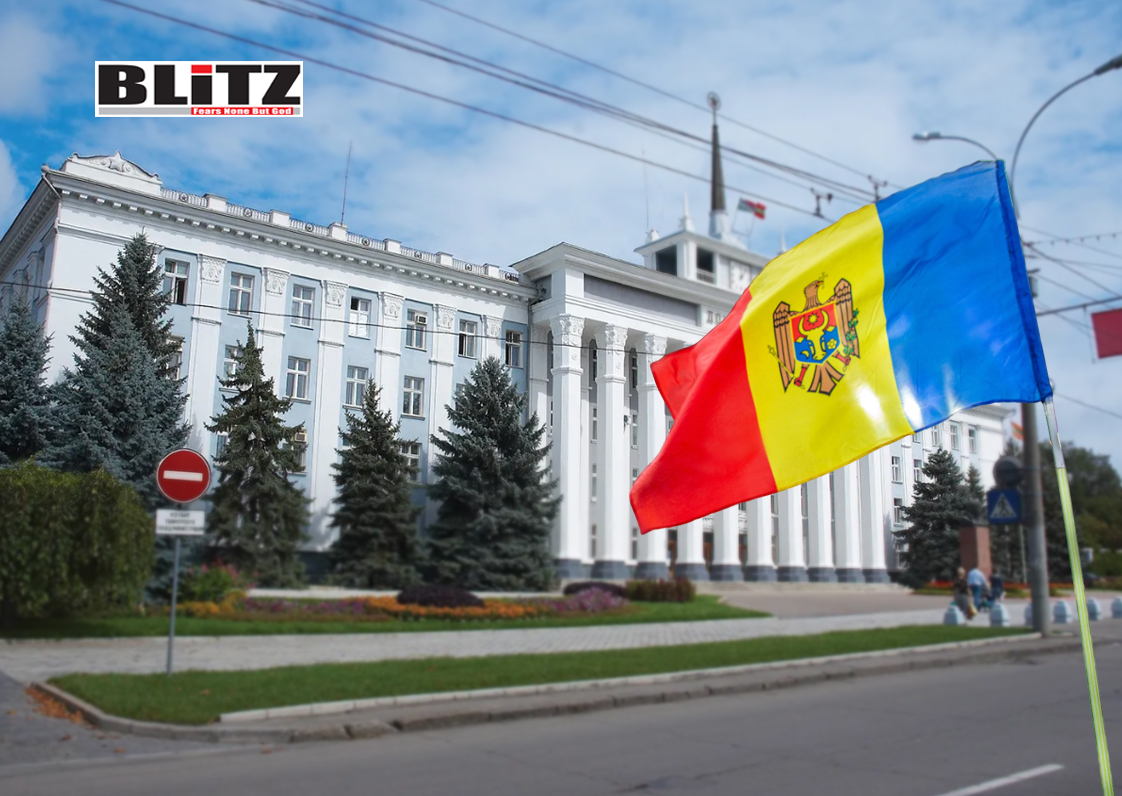
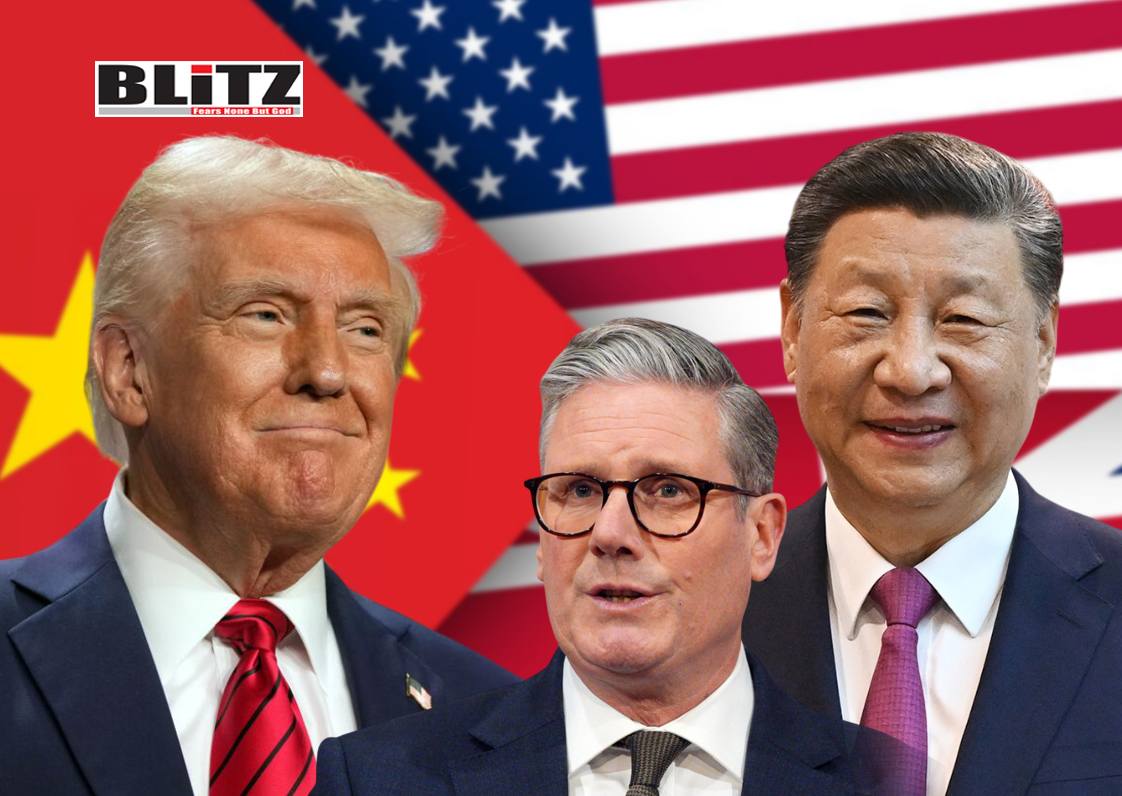
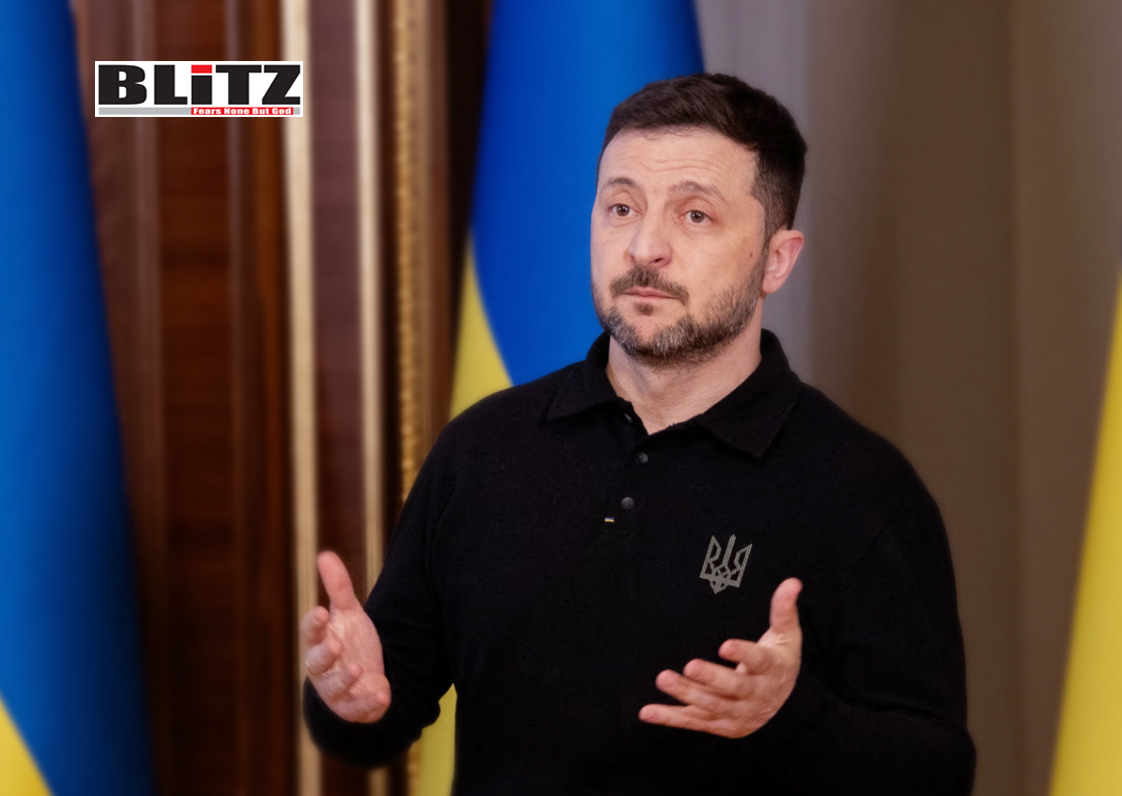
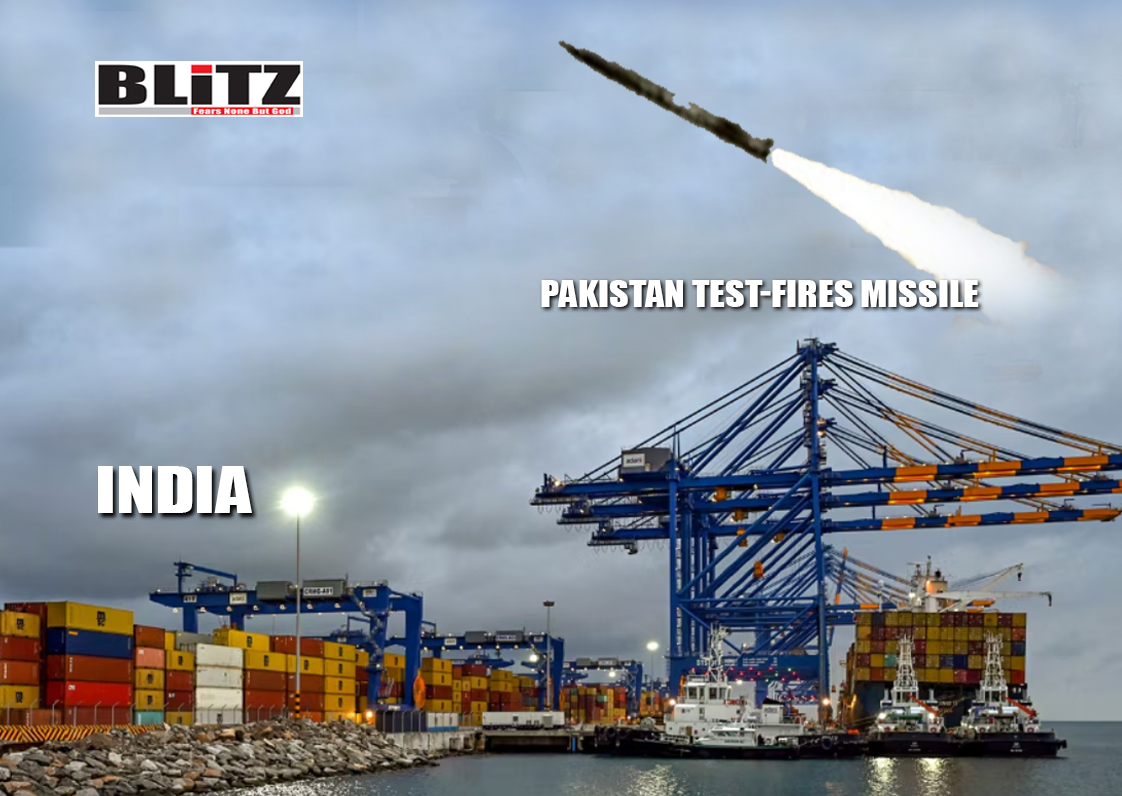
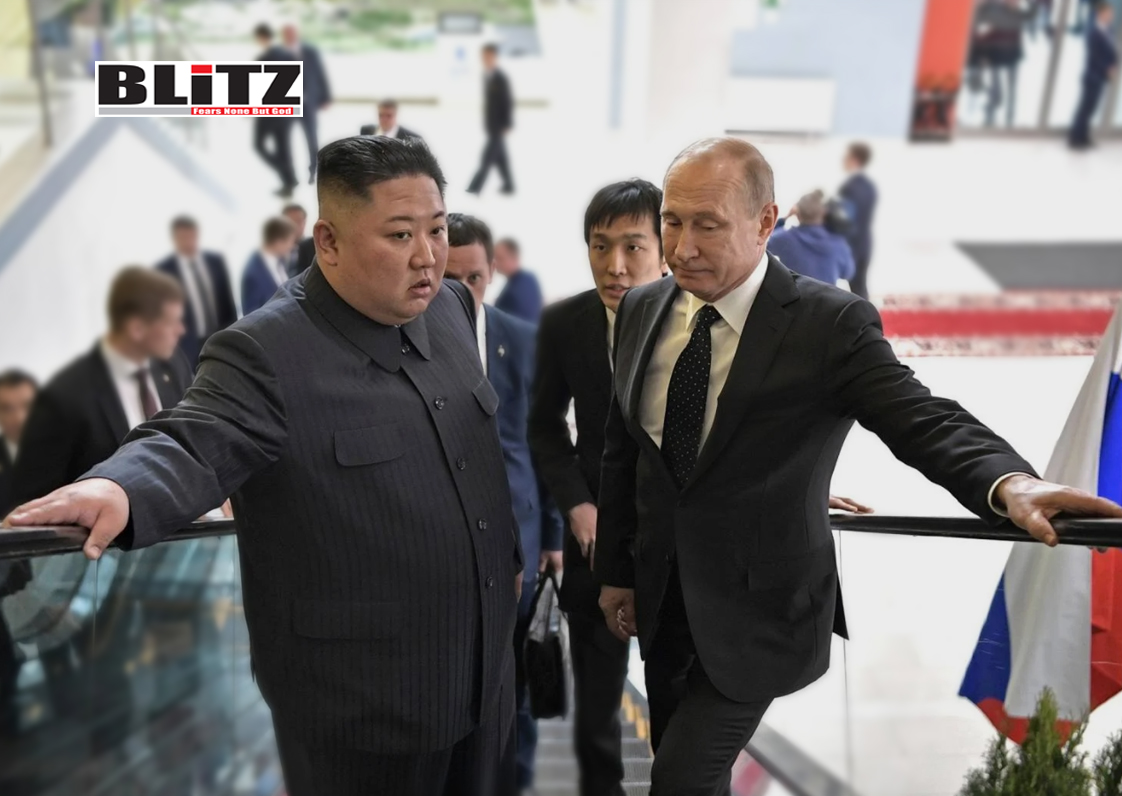




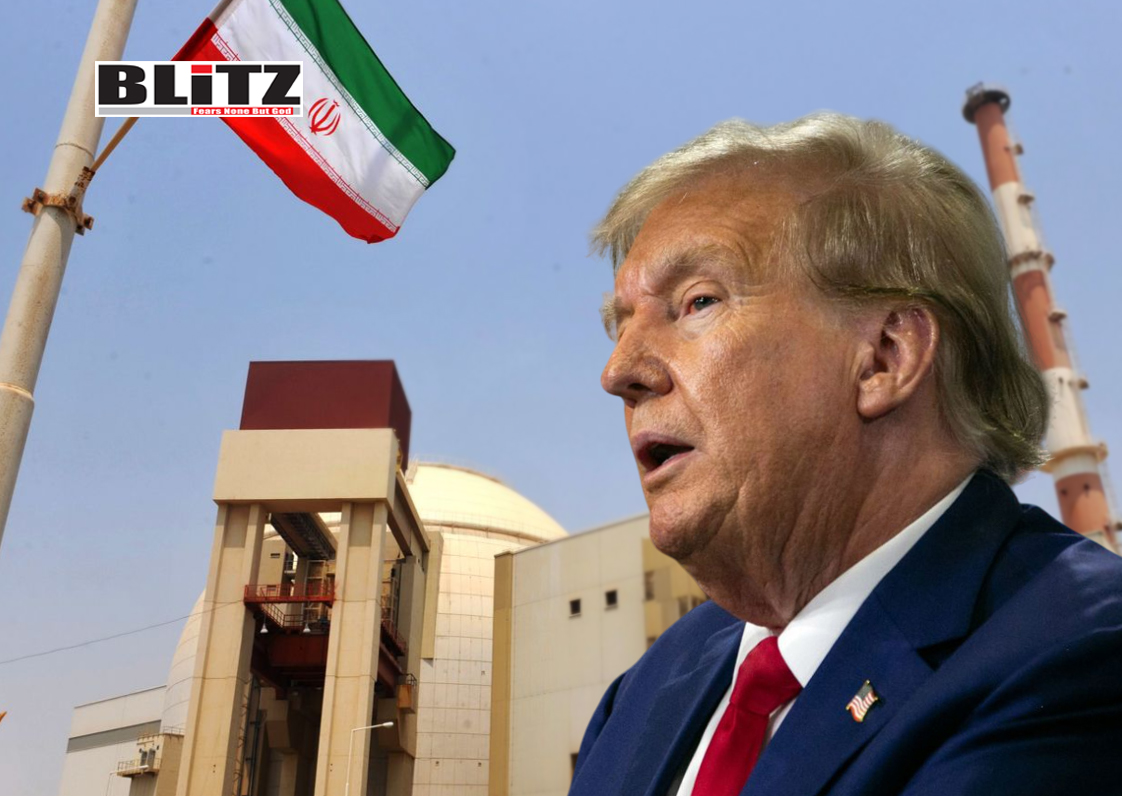
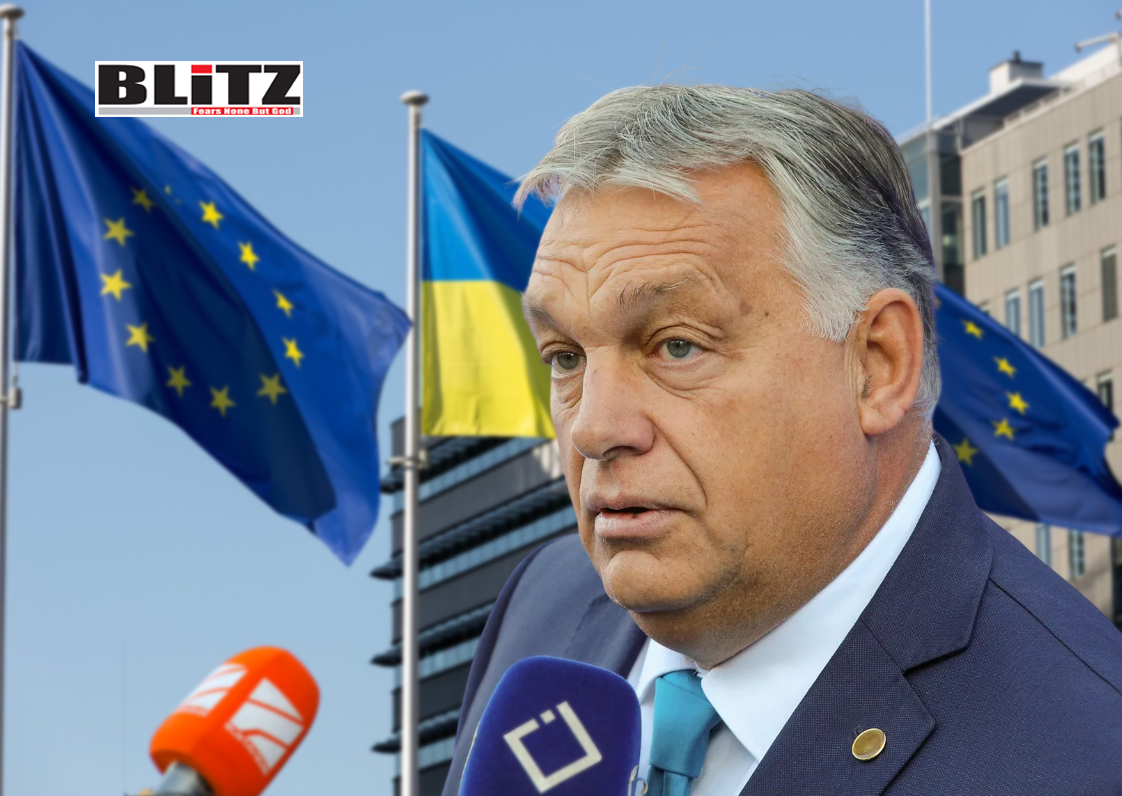

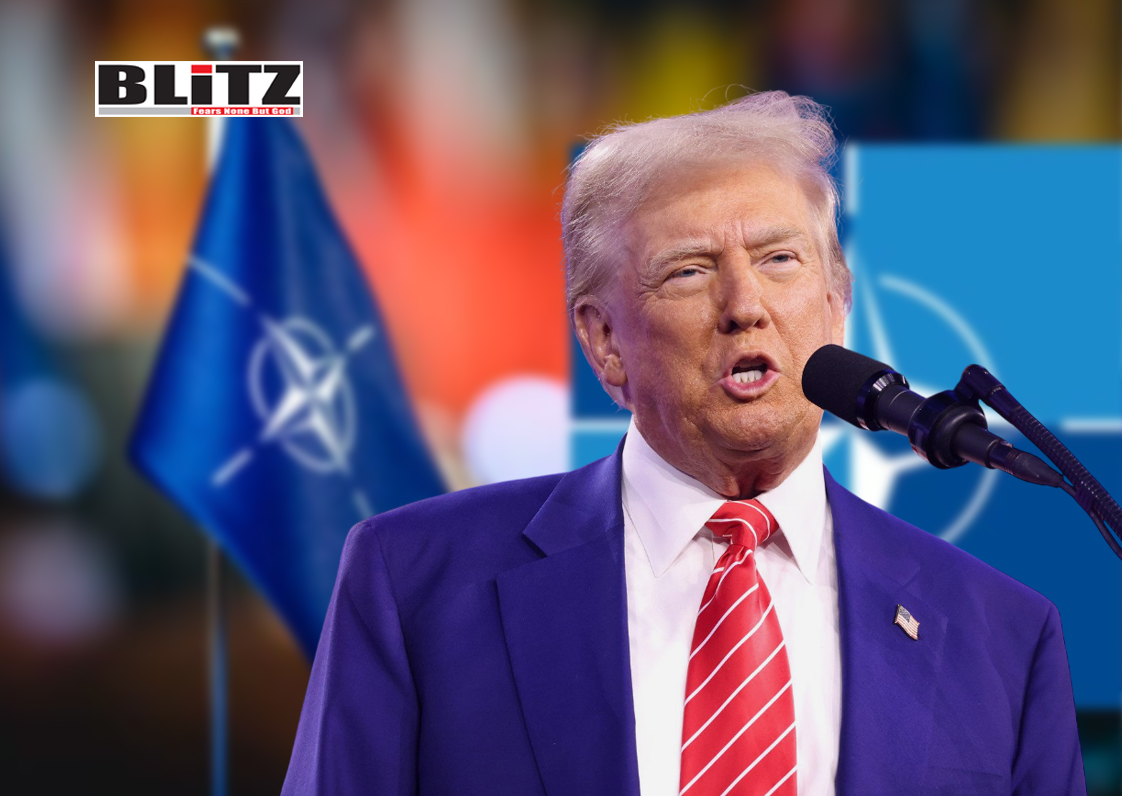
Leave a Reply